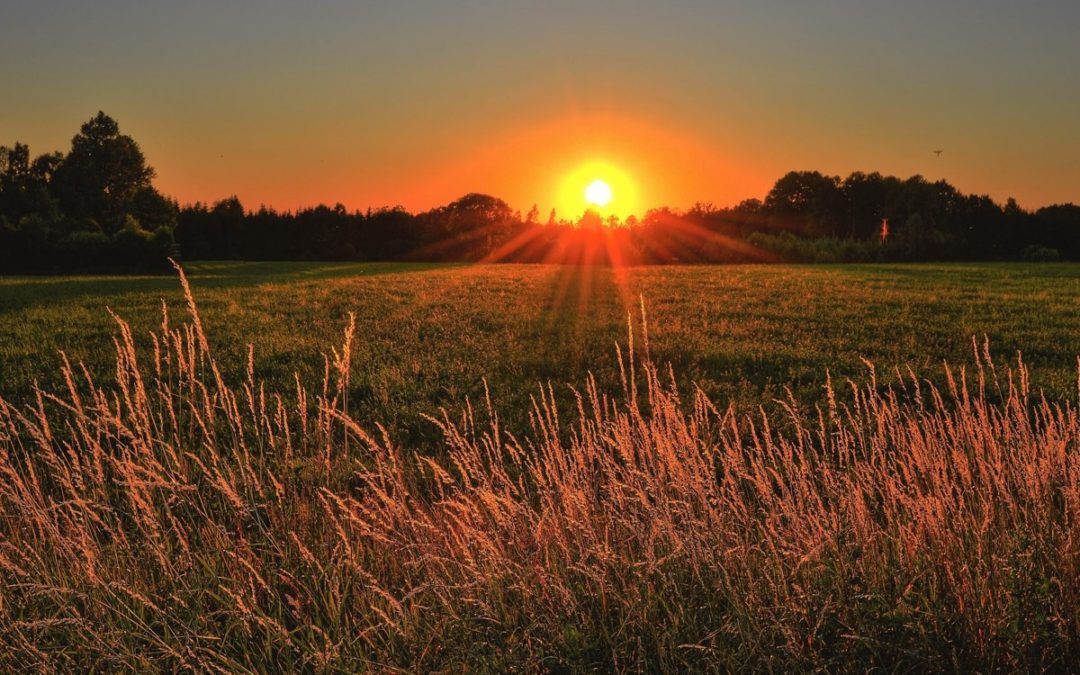How do you define Desire?
Desire = possibility seeking expression.
I recently read an Interview with Linden MacIntyre. When asked about his most memorable teacher, he replied: “My high school English teacher Aggie MacNeil. She was a former nun who felt obliged to remain in a convent until her parents were dead, upon which she emerged and married in middle age. I suppose the life she’d led gave her a particular appreciation of freedom and especially the liberation from the bonds of time and space that we achieve in poetry and literary fiction—ideas explored and presented in essay form. Her teaching was energized by her passion and enthusiasm for the subjects that she taught, and her obvious believe that literature is a pathway into the realm of possibilities.”
WOW, what an observation; what a compliment.
What do you desire?
I desire to write literature that creates a pathway into the realm of possibilities. Do I have the ability? I believe I do. Why? Because I define Desire as possibility seeking expression. If you have the keen desire to do something, you also have the potential power and ability to do it. The two go together. The universe is programmed for continuous expansion: Creation + Evolution.
“We are all acquainted with the loathsome consequences of living for the body and denying both mind and soul; and we see that real life means the complete expression of all that man can give forth through body, mind, and soul. Whatever he can say, no man can be really happy or satisfied unless his body is living fully in every function, and unless the same is true of his mind and his soul. Wherever there is unexpressed possibility, or function not performed, there is unsatisfied desire. Desire is possibility seeking expression, or function seeking performance.” Wallace D. Wattles, The Science of Getting Rich [1910]
Possibility seeks expression: Whatever you keenly and passionately desire, you can accomplish.


